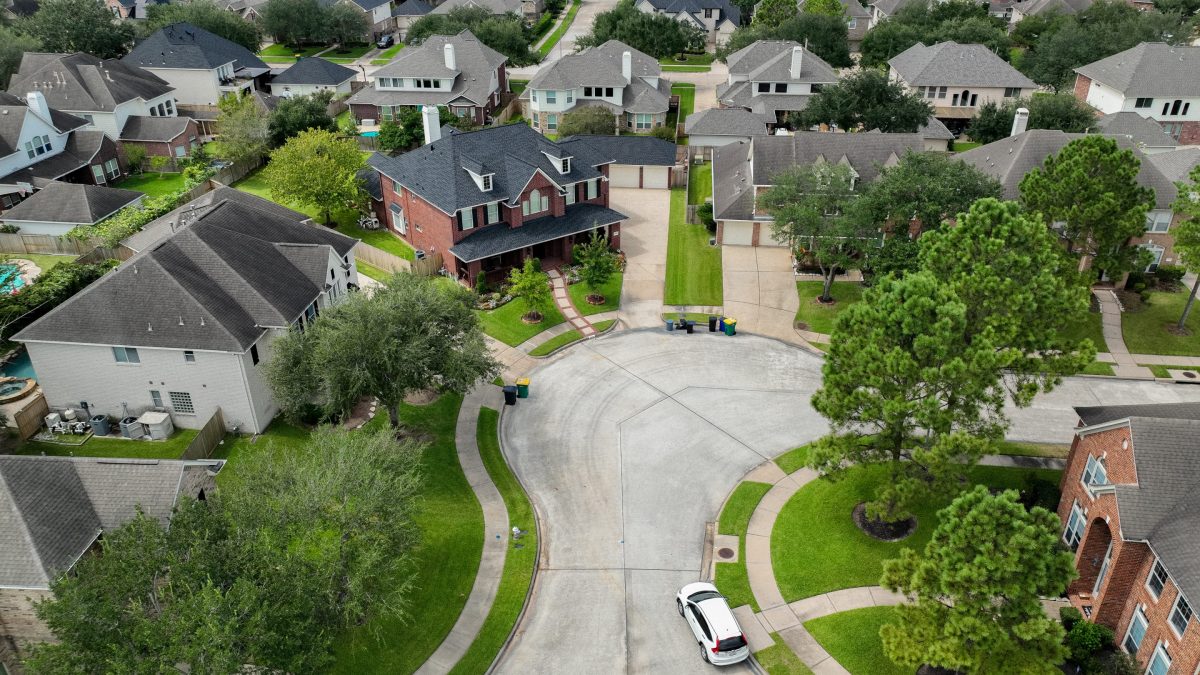E
mpty nester households are a common phenomenon in Rust Belt cities like Buffalo, Cleveland, and Detroit, but younger adults are increasingly opting for urban areas with better job prospects. According to Zillow research, there are nearly 21 million empty nester households across the US, characterized by homes with at least two empty bedrooms, no kids, and owned and occupied by people over 55.
However, these homes may not be a solution to the US housing shortage. Younger people prefer different types of living spaces, which is one reason why empty nester homes aren't likely to alleviate the crisis. "The job prospects for younger children in those areas are not as good," explains Tim Savage, clinical assistant professor at NYU's Schack Institute of Real Estate.
Instead, cities with thriving tech sectors like New York or San Francisco have become magnets for millennials and Gen Z, attracting young talent and firms that want to hire them. Mark Eppli, director of the James A. Graaskamp Center for Real Estate at the University of Wisconsin, Madison, notes that empty nesters are often "aging in place" due to low mortgage rates and personal preference.
Employers are also moving to smaller metro areas, making it easier for homeowners to stay put. To address the housing shortage, Savage suggests that big cities need zoning laws that allow for more construction.














